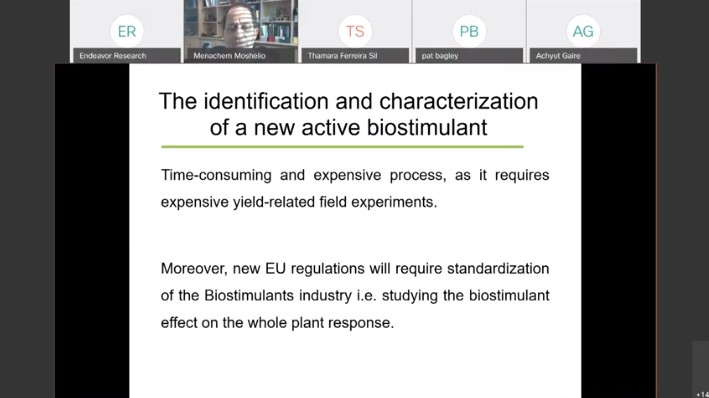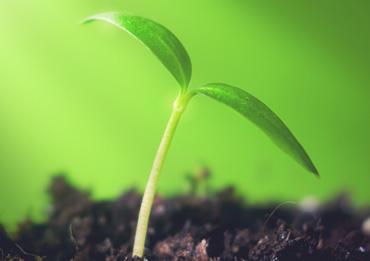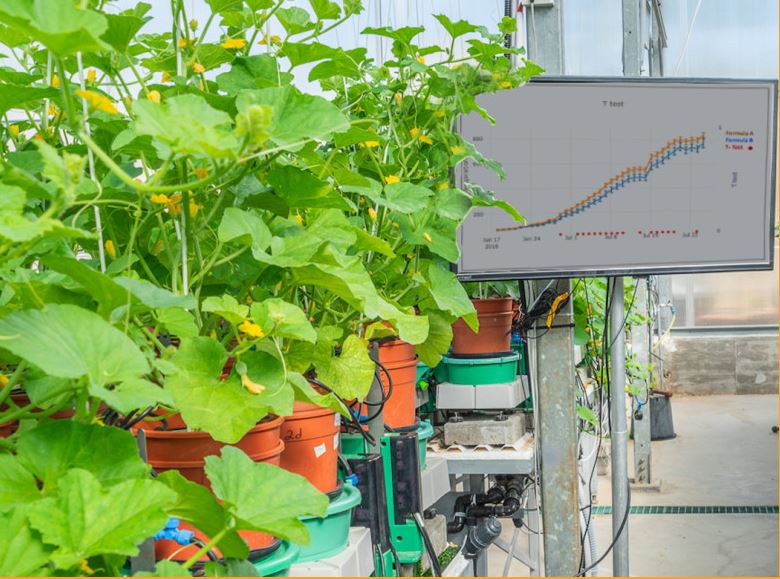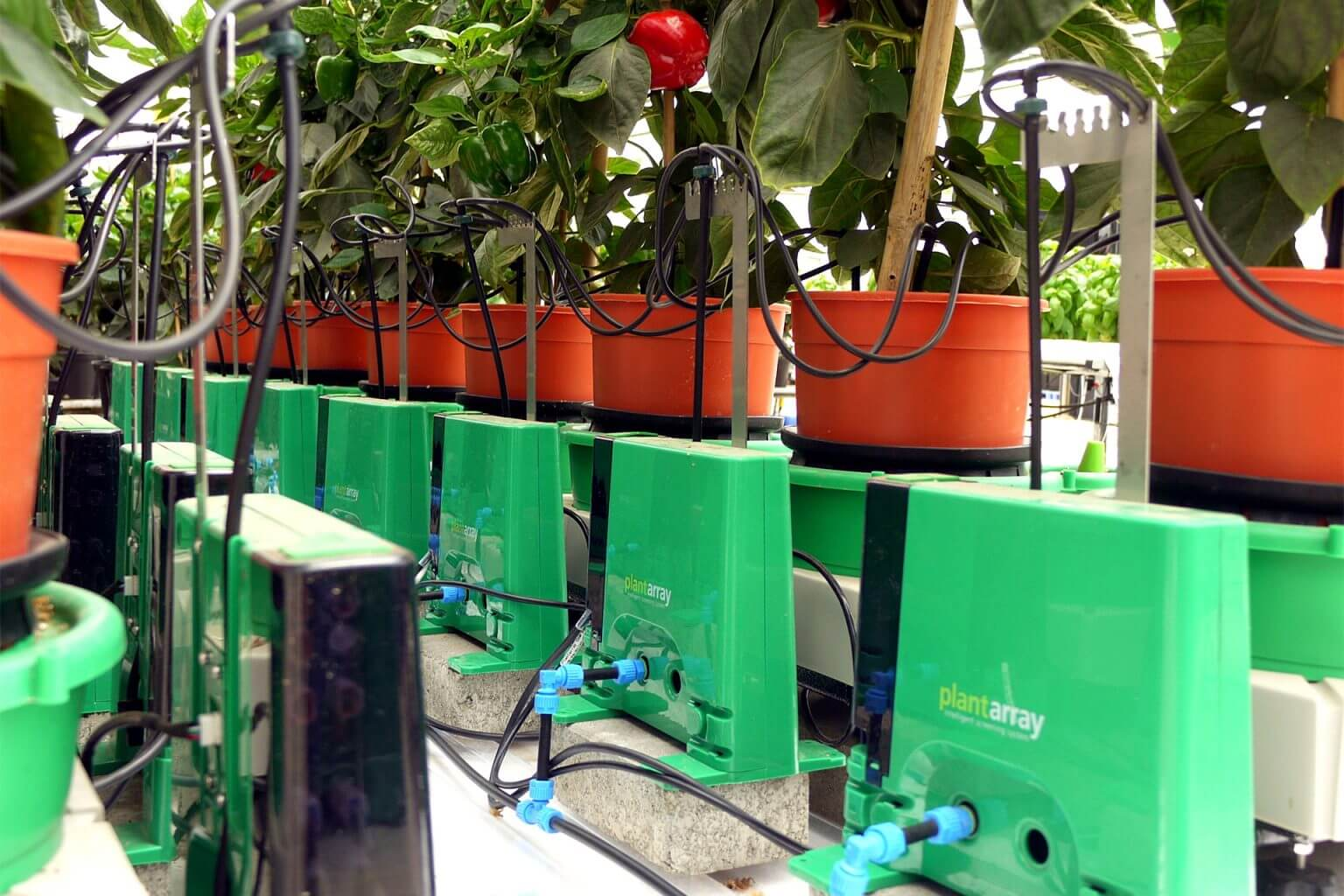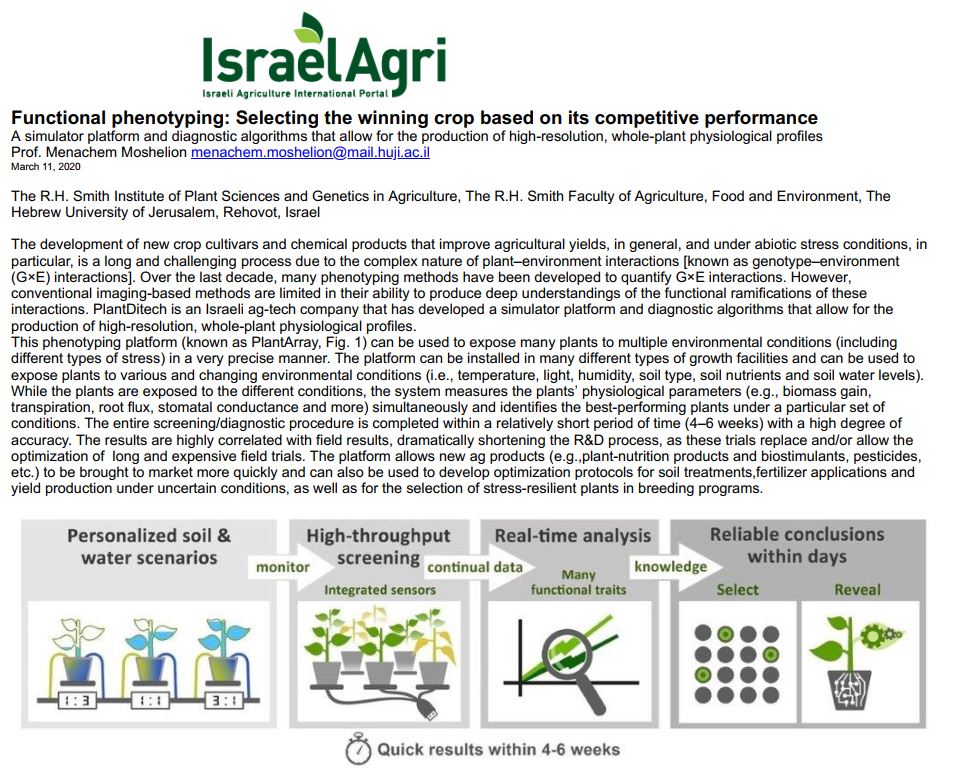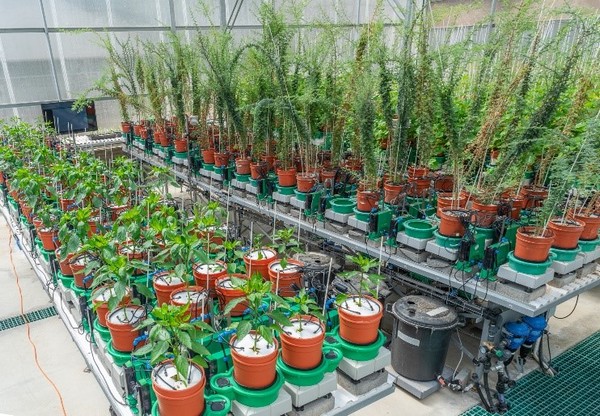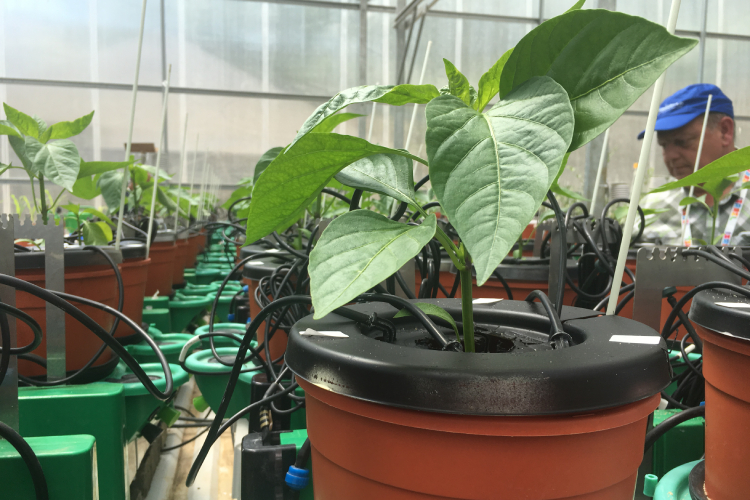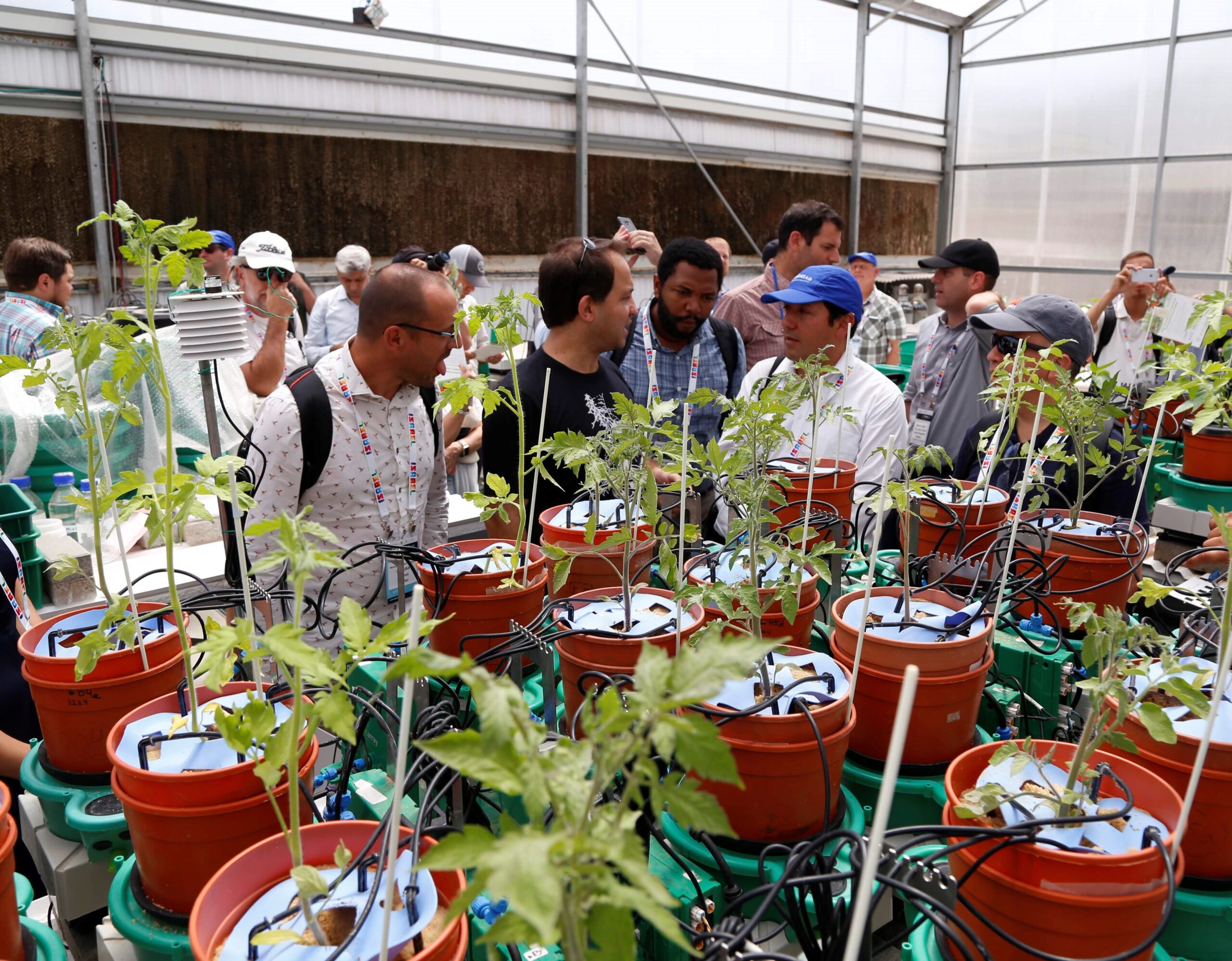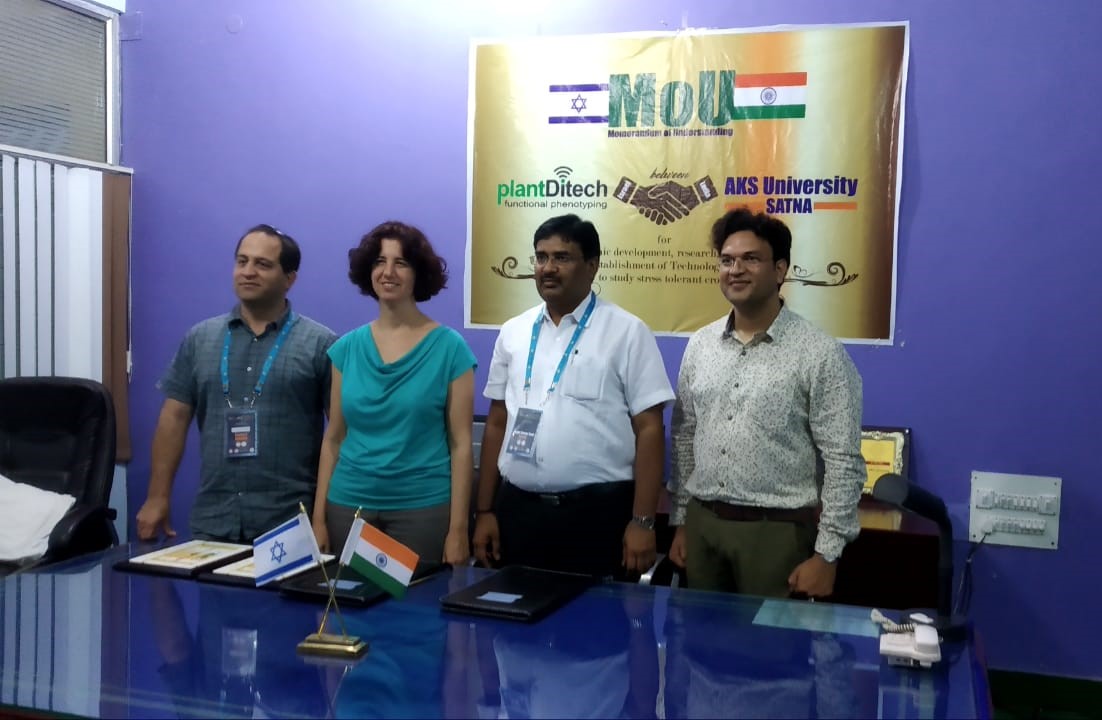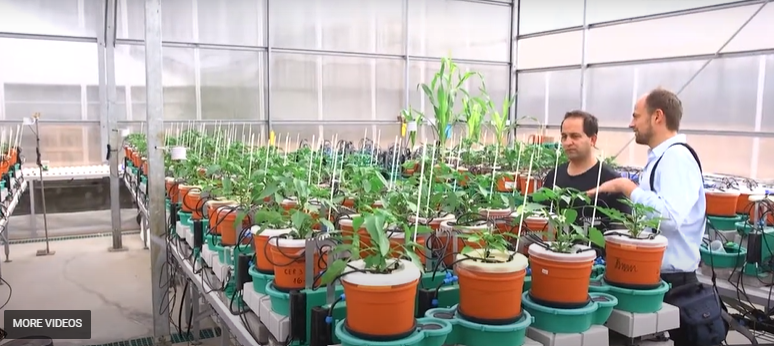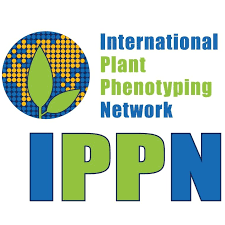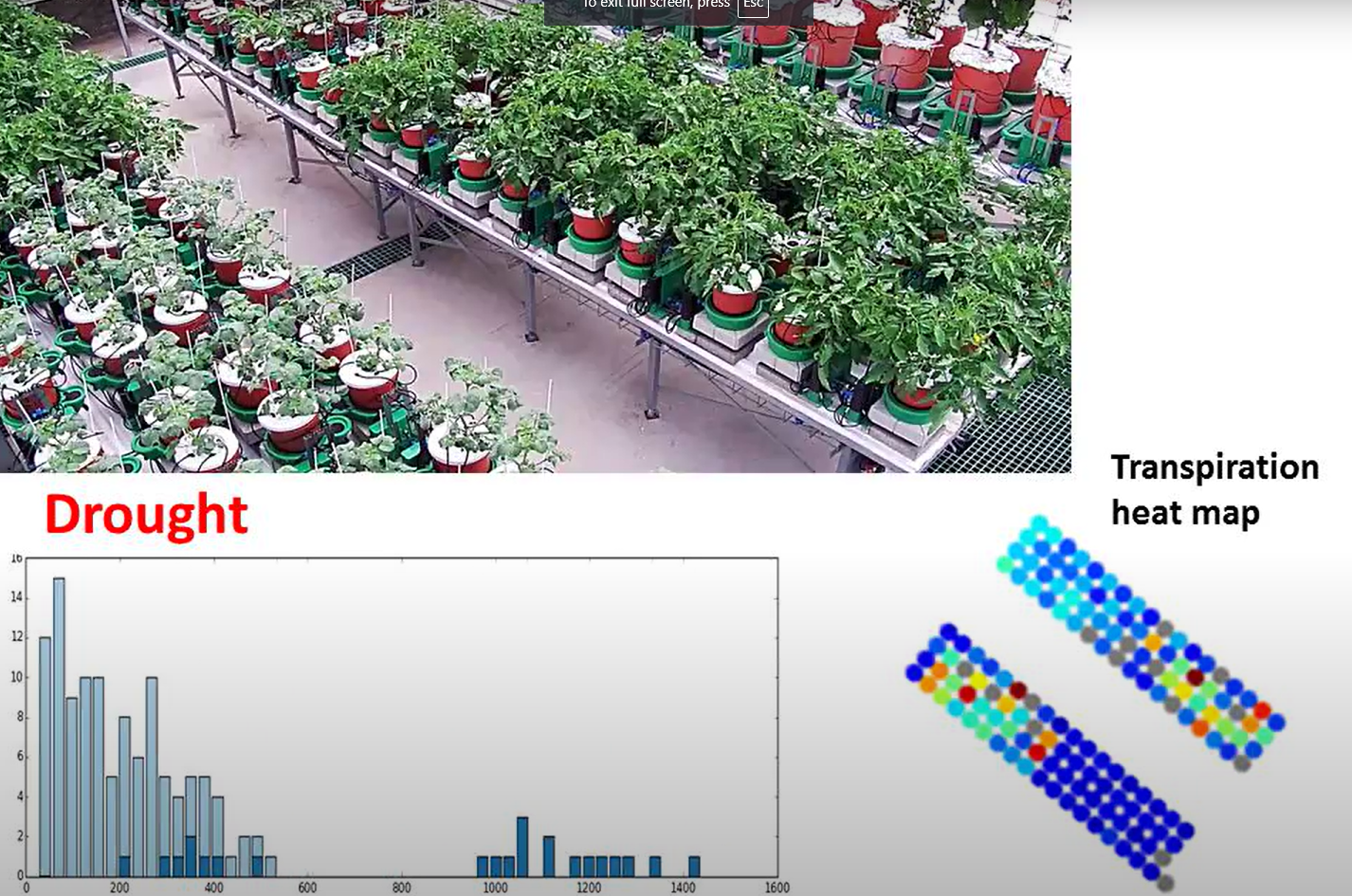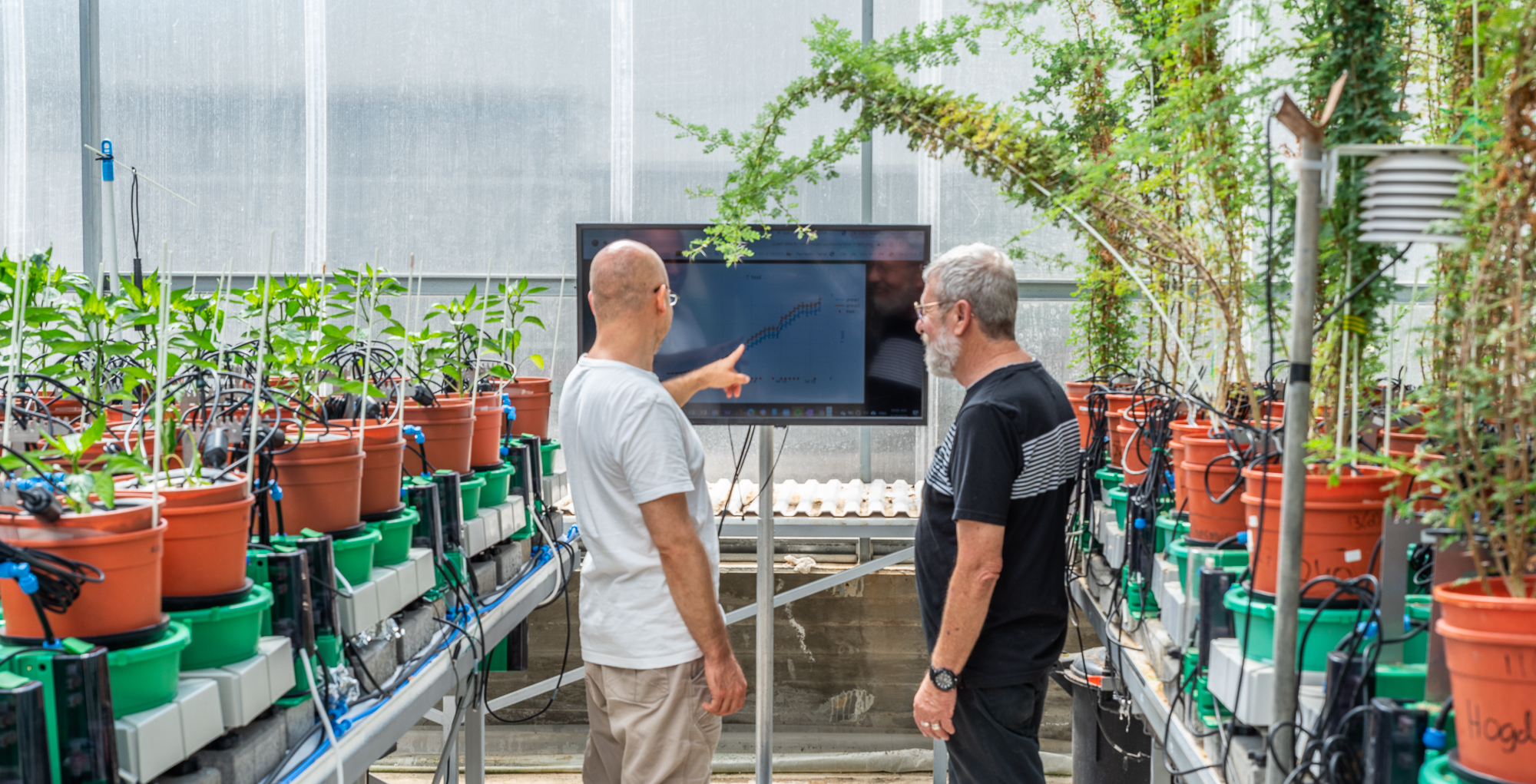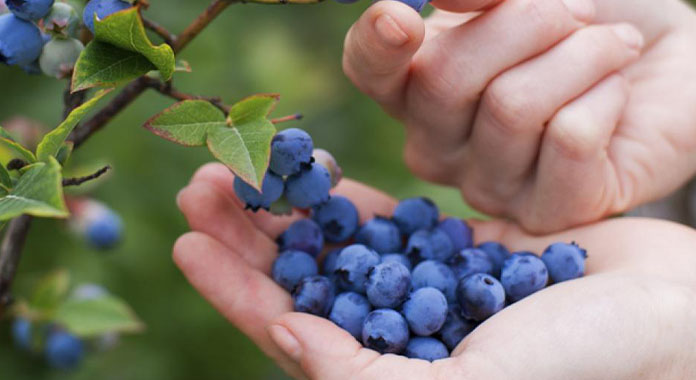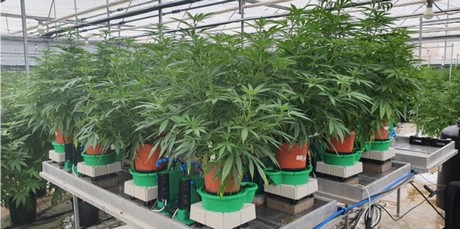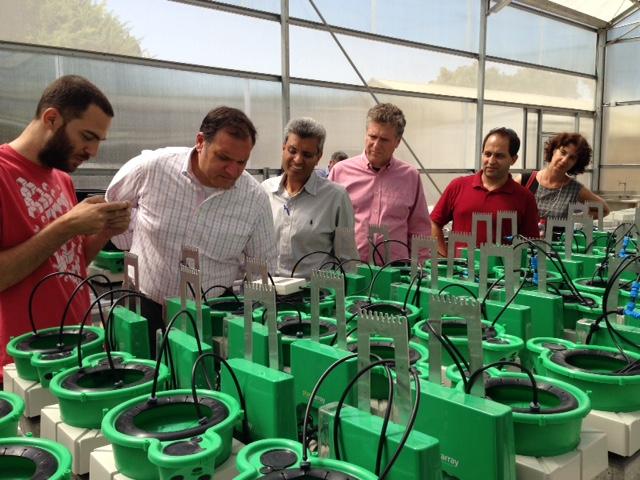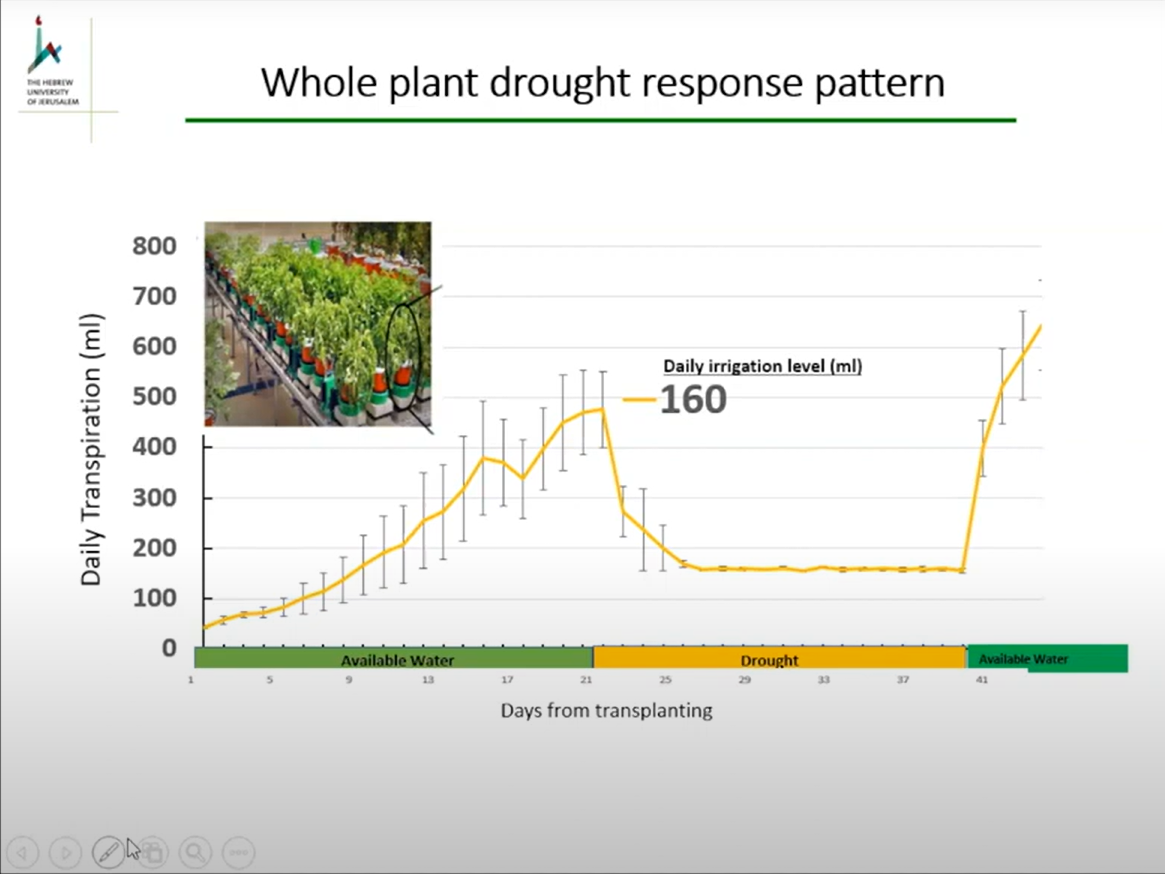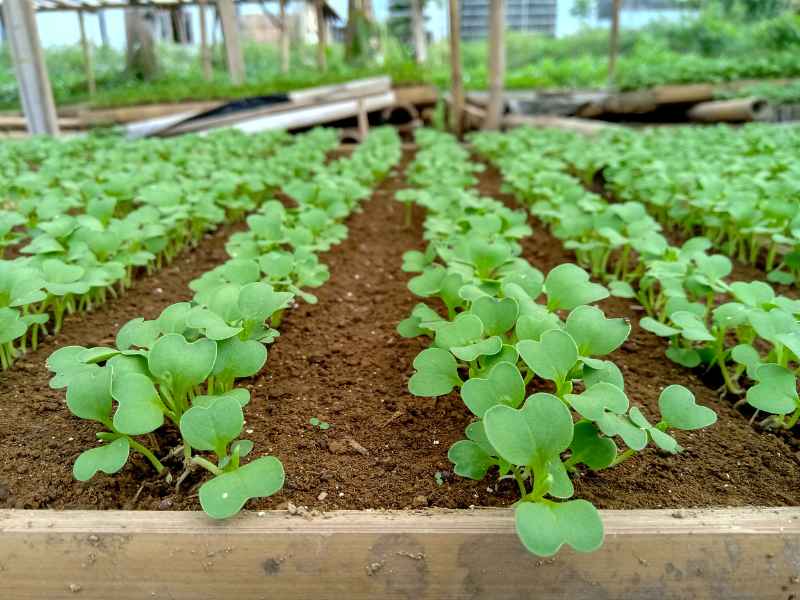
Breeding For Abiotic Stress: System Innovations | Plant Ditech
Breeding for abiotic stress tolerance in plants is a critical area of research and development aimed at addressing the challenges posed by environmental stresses such as

Can Tomatoes Beat the Flood? | Discover Our Flood Kit
Global warming is increasing the frequency and intensity of flooding, causing estimated annual agricultural losses of US$7.8 billion. This makes flooding the second most devastating

Plant Ditech & Computomics Podcast
Our CEO, Keren Moshelion, was invited to the latest Computomics podcast to talk about the PlantArray platform! 🎙️🌱 She explains how we simulate stress, such
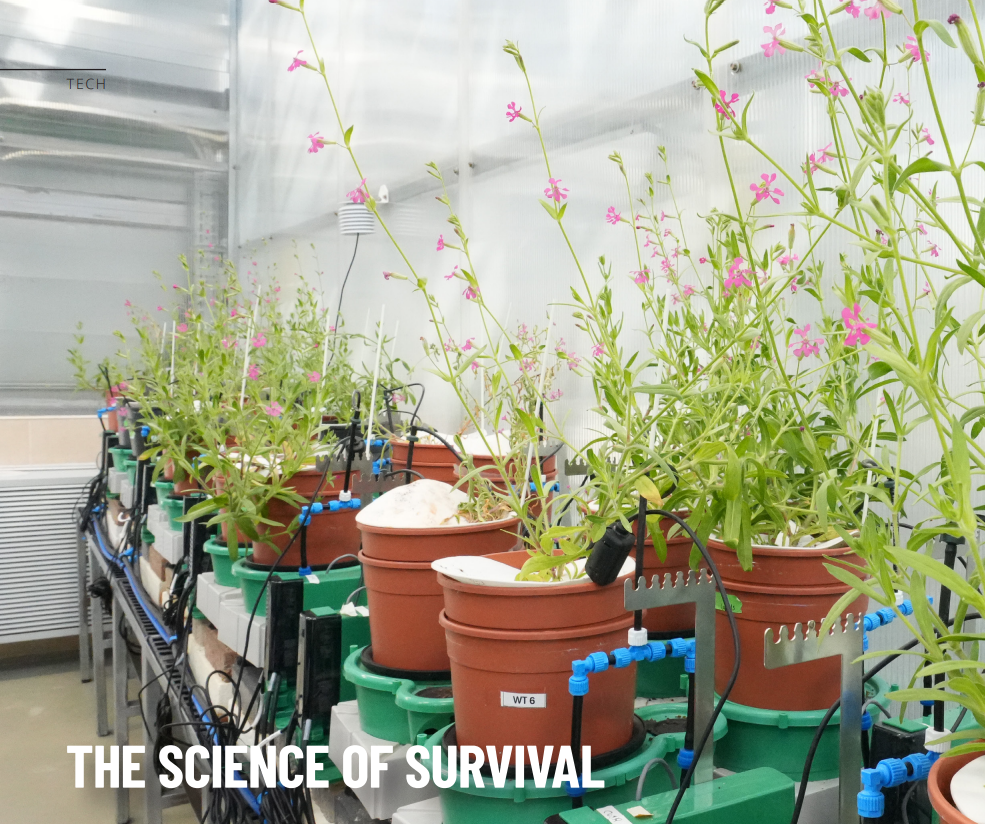
The Science Of Survival – FloraCulture International & Plant-Ditech
As the global climate grows increasingly erratic, the race to understand plant stress and resilience has never been more urgent. At the forefront of this

Hidden signs in water reveal disease in tomatoes – long before symptoms appear
By Yogev Israeli Researchers from the Hebrew University of Jerusalem have discovered an innovative method for the early detection of plant diseases by measuring water

Drought Stress in Plants
Drought stress in plants is one of the most critical environmental challenges threatening global agriculture and food security. Limited water availability severely affects plant growth,
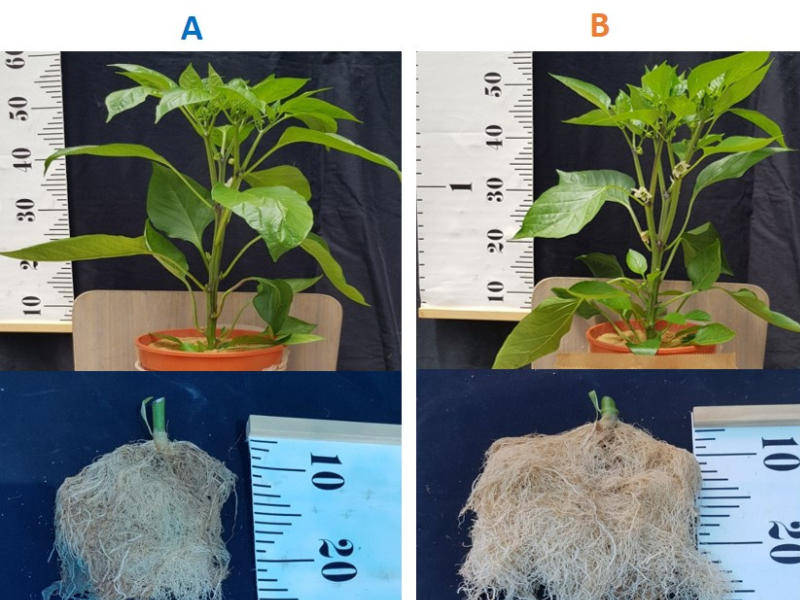
Early Detection of Plant Response to Biotic Stress
Plant biotic stress factors such as root and shoot diseases or pests, are usually only detected with the appearance of visual symptoms or signs. For

Plant Breeding For Stress Environments
Growing plants for stress tolerance allows crops to maintain productivity under drought, heat, saltiness, and other challenging conditions by selecting and developing genetic traits that
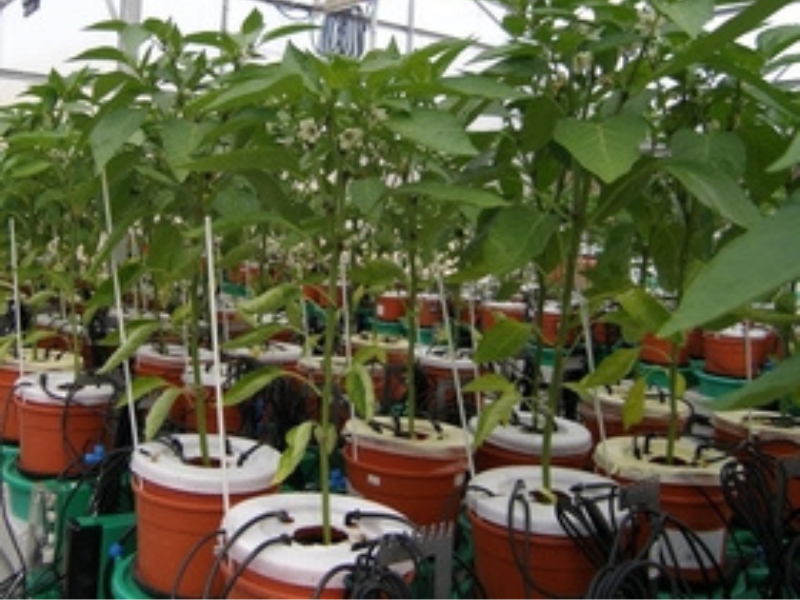
what is biostimulants
Biostimulants are substances or microorganisms that, when applied to plants or the rhizosphere, stimulate natural processes to enhance or benefit nutrient uptake, nutrient efficiency, tolerance to abiotic stress,
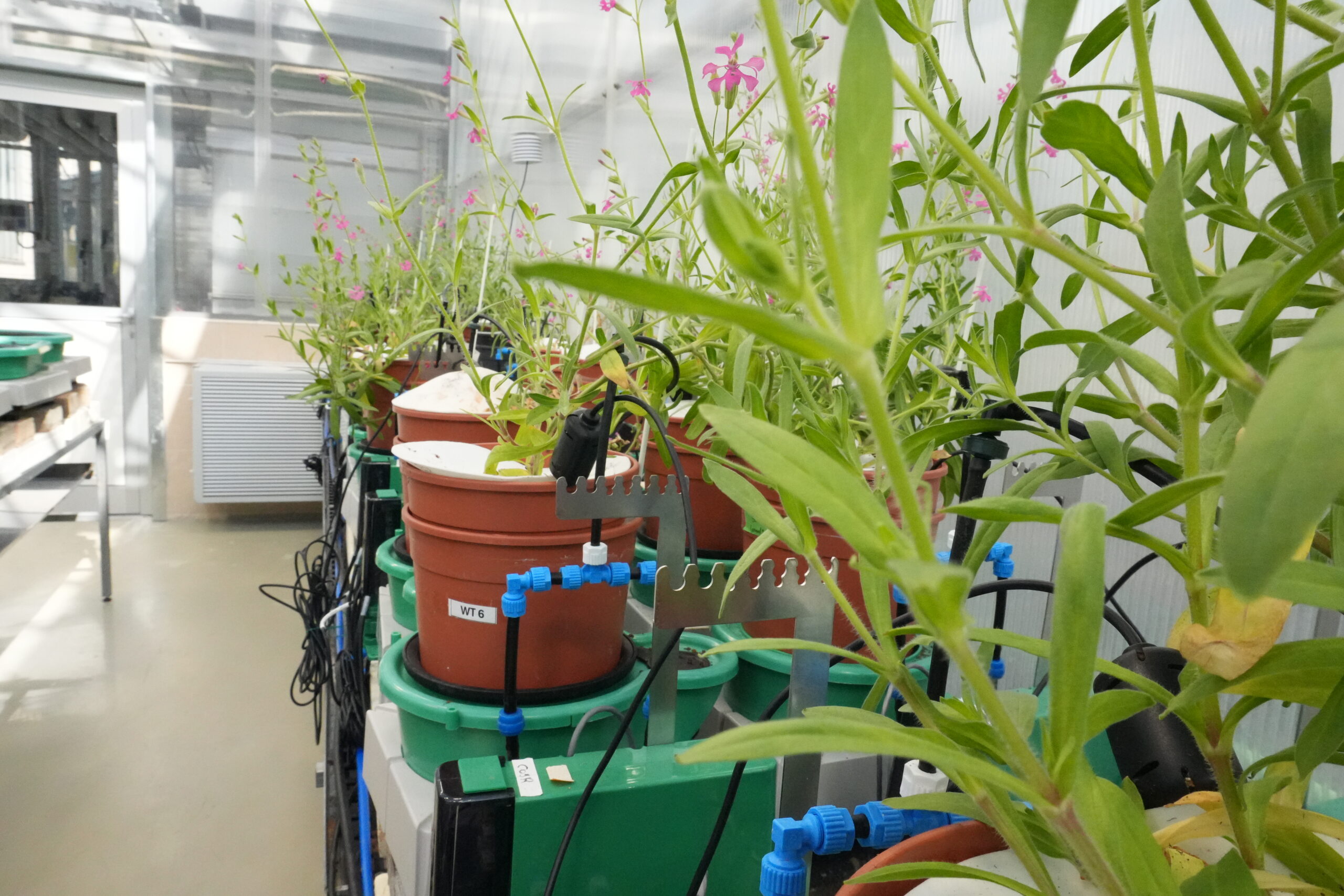
Plant Phenotyping Methods
Modern agriculture faces unprecedented challenges. Rising global temperatures, unpredictable weather patterns, and the need to feed a growing population demand innovative solutions. Plant phenotyping methods
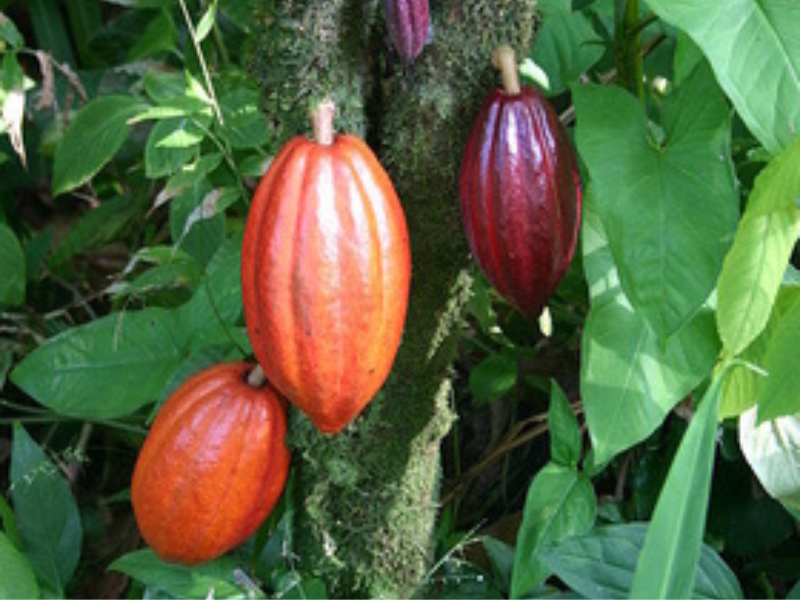
How Much Water Does it Take to Make Chocolate?
Would you believe about 1,700 liters of water is required to produce a 100g bar of chocolate? This seems like a ridiculously high number. So,
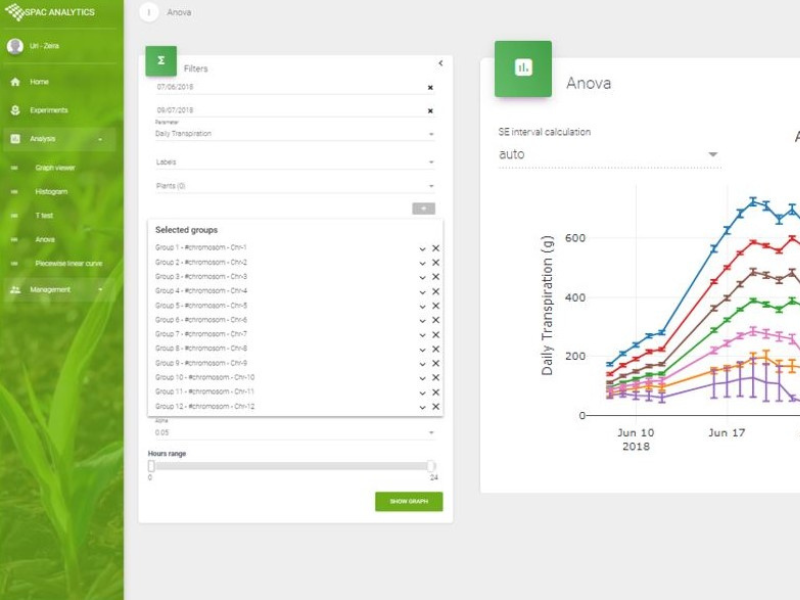
NEW SPAC Analytics Software Version – Instant Plant Response
Studying and examining whole-plant properties today is still as challenging as ever, through all the technological advancement. It is harder to learn the plant status
Home » NEWS & EVENTS » News





